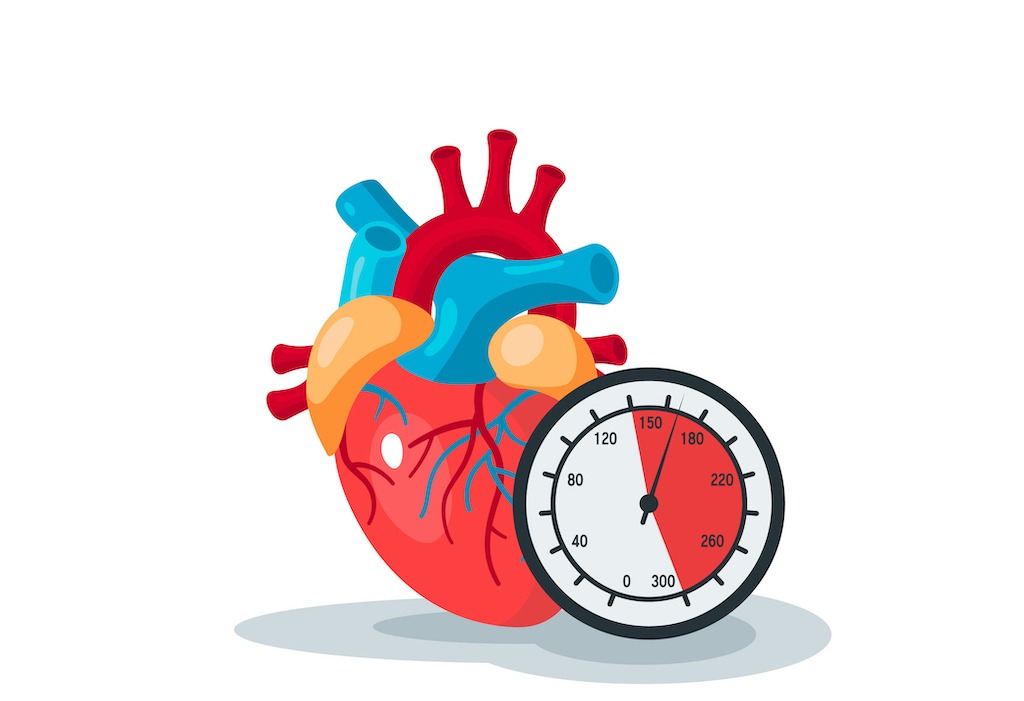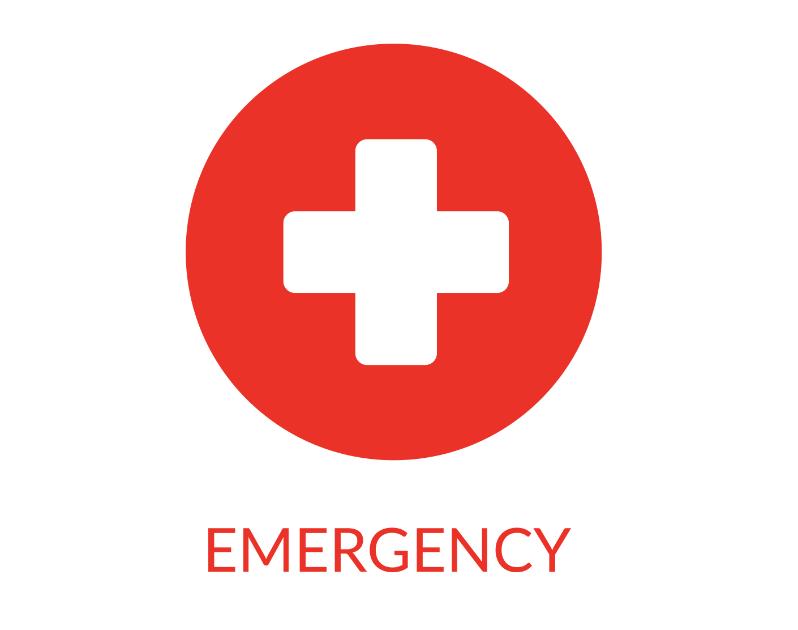- Older adults (i.e., 65 years of age and older) is a growing population.
- The typical aging patient’s dental health state can be complicated by medical conditions or the simultaneous presence of two medical conditions (e.g., hypertension + diabetes mellitus) and physiologic changes such as restricted movement associated with aging.
- Older adults may regularly use several prescription and/or over-the-counter medications, making them vulnerable to medication errors, drug interactions or adverse drug reactions. Hence, it is of utmost importance for patients who are under a medication prescription to inform and continually update all dental personals; dentist and dental assistants of their current medications.
- Potential physical, sensory, and cognitive impairments associated with aging may make oral health self-care and patient education/communications challenging. Therefore, it is important for family members, guardians, healthcare or social workers to consider the communication needs of older people as most people with hearing/eyesight impairment will affect the way dental services are delivered.
- Dental conditions associated with aging include dry mouth (xerostomia), dry socket, root and coronal caries, and periodontitis.
There are some vital dental considerations in various medical conditions that should be considered by both the patient and health personal before/during/after a respective dental treatment. The following are some common medical conditions and their dental considerations.
Diabetes Mellitus
Before treatment: Patients should take the usual insulin dose and to eat a normal breakfast prior to the dental appointment. Schedule an appointment earlier in the day as this will help to minimize episodes of hypoglycemia( extremely low blood sugar level).
After treatment : After extensive dental procedures (eg: gum surgery, root canal), antibiotic coverage is recommended in uncontrolled diabetics as this will minimize the risks of postoperative infections.
Emergency : Hypoglycemia, may rapidly progress to loss of consciousness, or it may present in a milder form. Hypoglycemia usually develop when the patient has not eaten for several hours. Hence, diabetic patients should always maintain a readily available source of carbohydrate food, eg candy, sweets.
Drug interactions: Inform the dentist if you are taking a diabetic medicine called Sulfonylureas Because this will worsen hypoglycemia.








